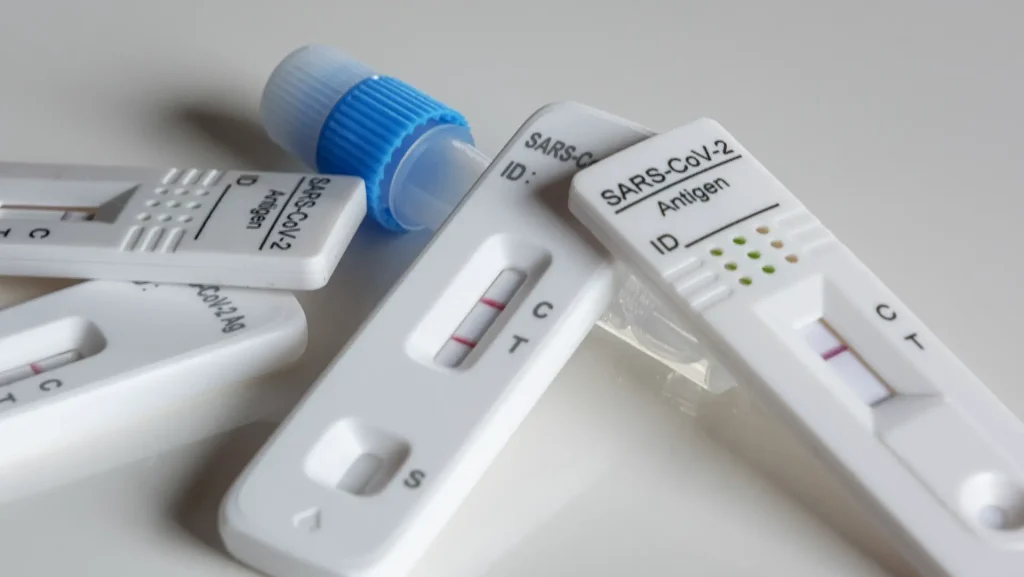As Poslovni Dnevnik writes, the testing of Croatian children before they head into their classrooms would be done with rapid antigen tests, on Mondays, when still at home, and this new move should begin in about ten days. This is to address the problem of a growing number of Croatian children being placed in self-isolation.
An increasing number of those infected are causing problems for the functioning of the country’s schools as well. An increasing number of entire classes of children are ending up in isolation, and no one is satisfied with online teaching. Decisions about self-isolation are made literally from class to class, which is why some children have been in self-isolation more than once and weren’t even unwell. As an alternative, it is suggested that Croatian children are tested for the presence of the novel coronavirus every week with rapid antigen tests so that they don’t have to self-isolate.
Prime Minister Andrej Plenkovic also spoke about this new measure for schools.
“Every bad thing also brings something good with it, and that good thing is that we can see the healthcare system is managing and working. Wanting to have as many children in the classrooms as possible, I think that such a solution, where they’d be tested, would be appropriate,” said the Prime Minister.
They say the same in the competent Ministry, where they unofficially confirmed that the models and possibilities of applying testing are now being actively discussed. The goal is to abolish self-isolation completely, which is being worked on in other European countries such as Belgium and the United Kingdom. The way to get to that, they say, is with testing.
“It’s in everyone’s interest to return all Croatian children from self-isolation to school in their normal classrooms as soon as possible. That’s the main goal,” they explained from the Ministry, 24sata reports.
The testing of Croatian children could begin in about ten days, and only those students who are actually infected should be put into self-isolation, Nova TV has learned.
Schools now need to be equipped with tests, and around 30,000 students across the Republic of Croatia are currently in self-isolation. In the C model, there are 255 primary and secondary schools with complete online teaching, mostly located in Osijek-Baranja County.
“It would be done in such a way that these tests would be distributed to students and their parents. For example, on Mondays, before they go to school, their condition is checked quickly. All those who would be negative, would not automatically go into self-isolation, but would remain in the classroom as negative,” explained Davor Bozinovic.
According to these new rules, vaccinated Croatian children won’t have to go into self-isolation at all, nor will those who caught COVID-19 and recovered and were vaccinated in one dose, regardless of when they were vaccinated. More than 60,000 children are currently vaccinated in Croatia.
For all you need to know about coronavirus specific to Croatia, make sure to bookmark our dedicated section and select your preferred language if it isn’t English.










